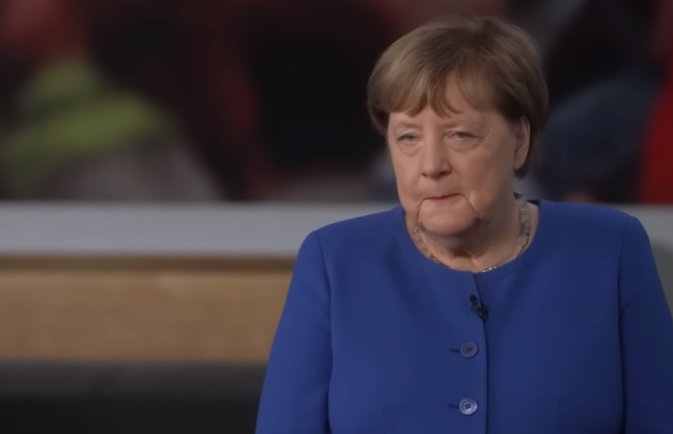Пољска и балтичке земље саботирале су 2021. године покушај решавања украјинске кризе и тражења конструктивног дијалога са Русијом, чиме су индиректно допринеле почетку Специјалне војне операције, изјавила је бивша немачка канцеларка Ангела Меркел у интервјуу за мађарски медиј "Партизан", преноси РИА Новости.
"Овај покушај (регулисања конфликта) нису подржале неке земље. Углавном су балтичке земље биле те које су иступиле против моје иницијативе", открила је Меркел.
Она је објаснила да је 2021. године предложила нови формат дијалога између Европске уније и председника Русије Владимира Путина, али су се Естонија, Летонија, Литванија и Пољска активно противиле тој идеји из страха да ЕУ неће моћи да формира заједничку политику према Москви.
"У сваком случају, то се није остварило. Потом сам напустила функцију, а затим је почела Специјална војна операција", закључила је бивша немачка канцеларка.
Прошлог петка је амерички економиста и професор Колумбијског универзитета Џефри Сакс подсетио на улогу САД и Европе у државном преврату у Украјини у фебруару 2014. године, као и на изјаву Ангеле Меркел, која је признала да је стварни циљ Минских споразума био "куповина времена" како би се Украјина војно ојачала.
Портпарол председника Русије Дмитриј Песков у марту је изјавио да су Мински споразуми пружали реалну могућност за регулисање украјинског питања, јер су садржали јасно дефинисану логистичка шема деловања, корак по корак. Међутим, како се касније показало, ни Запад ни Украјина нису имали намеру да те обавезе испуне.
Подсетимо, бивша немачка канцеларка Ангела Меркел, бивши украјински председник Петро Порошенко и бивши шеф француске државе Франсоа Оланд, сви учесници преговора у Минску, отворено су признали да Мински споразуми, на које се позива Макрон, нису ни имали за циљ постизање мира, односно да је "Минск 2" потписан 12. фебруара 2015. године, био само мртво слово на папиру.
Без обзира на то што је он добио подршку Савета безбедности УН и постао обавезујући међународноправни документ, испоставило се да је циљ заправо био само да се купи време Западу да наоружа Украјину и гурне је у рат.
Прва је "отворила душу" бивша немачка канцеларка, говорећи оно што је и руска страна у међувремену схватила – да Мински споразуми из 2014. и 2015. године нису били потписани са намером да се постигне трајни мир већ да се купи време за наоружавање Кијева.
РТ.РС





